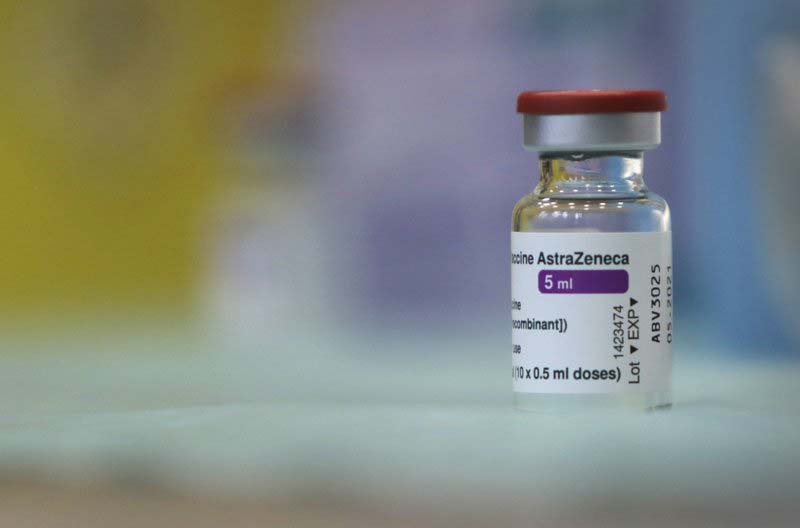

The head of the World Health Organisation said Monday the emergence of new COVID-19 variants has raised questions about whether or not existing vaccines will work, calling it ‘concerning news’ that the vaccines developed so far may be less effective against the variant first detected in South Africa.
Tedros Adhanom Ghebreyesus said at a media briefing that South Africa’s decision on Sunday to suspend its vaccination campaign using the AstraZeneca vaccine is ‘a reminder that we need to do everything we can to reduce circulation of the virus with proven public health measures’.
He said it was increasingly clear that vaccine manufacturers would need to tweak their existing shots to address the ongoing genetic evolution of the coronavirus, saying booster shots would most likely be necessary, especially since new variants of the virus are now spreading globally and appear likely to become the predominant strains.
Tedros added that WHO expected to make a decision ‘in the next few days’ on whether it would recommend an emergency use listing for the AstraZeneca vaccine. That designation would allow millions of doses to be shipped to poor countries as part of a UN-backed effort to distribute COVID-19 vaccines worldwide known as COVAX.
Last week, Tedros said that more than three quarters of COVID-19 vaccines had been administered in just 10 countries and that immunisation in nearly 130 countries had yet to start. Despite WHO’s aim of starting COVID-19 vaccination in poor countries at the same time as wealthy countries, COVAX hasn’t delivered any vaccine doses anywhere.
Dr Soumya Swaminathan, WHO’s chief scientist, said people shouldn’t conclude from South Africa’s decision that the AstraZeneca vaccine doesn’t work. She said all of the available evidence to date shows the vaccines developed so far reduce deaths, hospitalisations and severe disease.
Other COVID-19 vaccines developed by Novavax, Pfizer and BioNTech and Johnson & Johnson also appear to be less effective against the strain first identified in South Africa, although they may prevent severe disease.
Source: RSS/AP